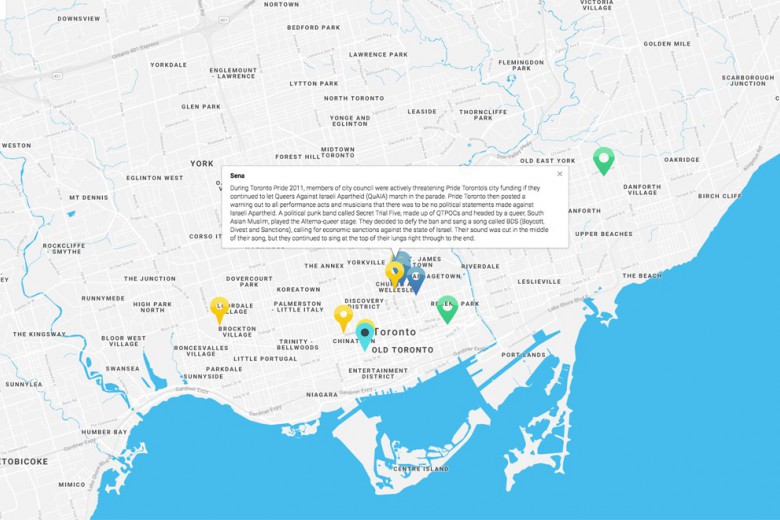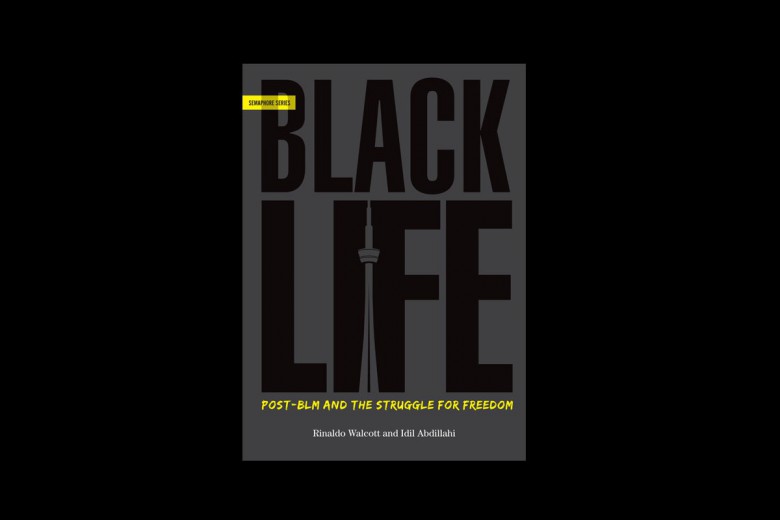
Just Pretending
By Lisa Bird-Wilson
Coteau Books, 2013
Who am I? At some point or another, we have all asked ourselves this simplest of questions. Yet for many of us, the answer is elusive. Our identities are complex and contradictory, and our closeness to the subject impairs our perspective. In a world where privilege and oppression are linked to identity, the question is especially fraught.
In Just Pretending, Saskatchewan-based Métis writer Lisa Bird-Wilson offers 24 brisk tales featuring characters asking this question.
The title character in “Billy Bird” visits his Mooshum (grandfather in Cree), who is dying slowly in a rehab centre. While he is there, he reflects on his place in a never-ending circle. “His whole family is there sharing the circle with him, people he looks like, people he’s connected to, people whose traits he shares, people whose history is his own, grannies and grampas, Nehiyaw and Métis, all connected by the silky red thread.” Billy has a powerful ache to belong, to know himself through others.
Bird-Wilson revisits the themes of family and the construction of identity in “Someone’s Been Lying to You.” Raised French by his white parents until he happens to meet an older Métis man who recognizes a shared ancestry, Jerry feels caught between two worlds. He has a family, but they lied to him about his biological parents. He finds a community that shares his Aboriginal roots, but this new, chosen family mocks him for his privileged upbringing, attacking the authenticity of his nascent identity.
Is race defined by biological ancestry? Or is it a social construct, a myth made real through systems of privilege and oppression? Is identity performative, or is destiny biologically determined? Can people without a biological connection to a child be real parents, or are they “just pretending” as suggested by the narrator in the tragic title story? Bird-Wilson’s characters are, by turns, seduced and repulsed by the belief that identity is borne in the blood.
A deep sense of loss and hurt permeates the pages. Throughout the collection, orphans cry out for lost parents, parents pine for absent children, the young and old burn with regret over tattered relationships. “That’s what I got,” remarks a character who gave her baby up for adoption years ago. “Phantom pain … sometimes I still feel it there.”
Thankfully, the book is not all oppression, trauma, and regret. “Fine Stuff” is a slapstick send-up of male bonding in the wilderness, full of miscommunication and comedic error. “How to Tell if You Are Poor” is a humorous foray into magical realism, ending the collection on a light, hopeful note. A group of young friends accidentally releases Wesakechak, an ancient and powerful being, from his imprisonment in an old wine bottle, and he agrees to grant them three wishes in return. As the title suggests, the story does not end with glory or riches, but neither does it end in tragedy.
The longest stories in the collection are 15 pages and the shortest just a few paragraphs. A handful feel rushed, deploying brevity at the expense of character or authenticity. The conflict in “Delivery,” for example, in which a new mom hatches a plan to escape from her abusive husband, is too neatly resolved. In most cases, however, the choices work. In the two-page “In Simpler Times,” Bird-Wilson paints, in succinct, unadorned prose, a devastating portrait of the pain of neglect and rejection suffered by three generations of mothers and their children.
In one of the final stories, a young girl struggles with her relationship with her non-Métis step-father in alternating narratives set when she is 12 and 15. In the central narrative, the girl is babsitting her little brother, thoughts of her dead father and her stepdad swirling in her head. The children become lost in the woods as it gets dark, and she hears an owl in the branches above them, asking “its relentless question again and again.” Just Pretending makes the same query with similar persistence. The answers that come are painful as often as they are comforting, but Bird-Wilson knows we cannot stop asking the question: who am I?




